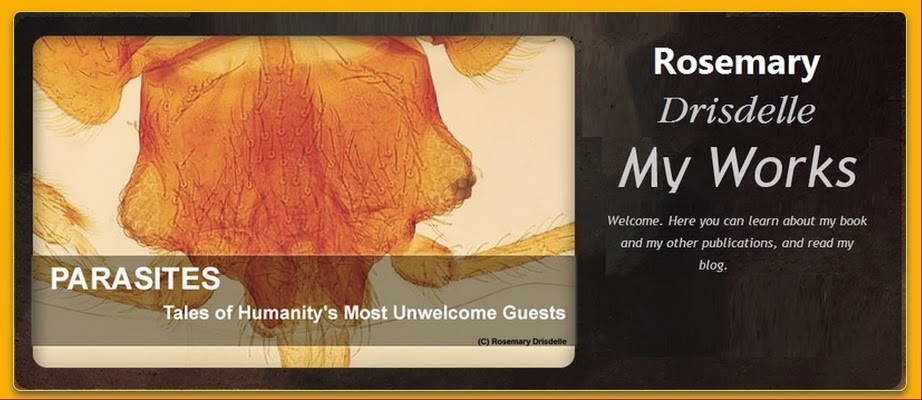But what if there are forces at work that we’re unaware of? What if subconscious – and possibly changing - perceptions of health, or lack thereof, could sabotage our treasured cultural mosaic? If our health care system faltered and infectious diseases gained ground, would our attitudes as a nation change?
The Behavioral Immune System
We don’t give much thought, however, to our behavioral immune system. That’s the system that makes us keep a bigger distance from someone who is obviously ill, reach for the alcohol hand sanitizer on the way out of the restroom and grip the door handle with a piece of paper towel, or refrain from petting a dog with visible mange.
This behavioral immune system is closely linked to the physiological immune system: research has shown that just seeing pictures of people who look ill causes an actual physical immune response. And research has also shown that being exposed to information about infectious disease makes people less willing to welcome strangers. One can see that the more we suspect there’s something contagious out there, the more wary of others our behavioral immune system will be.
Parasite-Stress Theory
Parasite-stress theory, explained in the book The Parasite-Stress Theory of Values and Sociality: Infectious Disease, History and Human Values Worldwide by Randy Thornhill and Corey L. Fincher, suggests that our attitudes towards others are shaped, at least in part, by the perceived threat of catching something infectious. The level of health risk in a group or culture might literally influence everything from individual relationships to the political philosophies of governments.
 |
| Seeing someone who looked like this (chicken pox) would make most of us think twice about close contact. Image by Mad Max CC BY-SA 3.0 |
The authors draw lines from those high pathogen environments to many of humanity’s ills, including domestic violence, warfare, and homicide, not to mention authoritarian government. Low parasite stress corresponds to innovation, individual freedom, multiculturalism, and democracy.
Parasite Puppet Masters
In my book Parasites, Tales of Humanity’s Most Unwelcome Guests, I explored how parasites have influenced the outcome of several wars, and how fear of parasites can influence people to behave in incomprehensible and even unacceptable ways. I wasn’t tuned in, however, to the possibility that parasites might have caused wars, genocides, and homicides in the first place.
There’s disagreement about whether Thornhill and Fincher have demonstrated cause and effect, or a relationship that might be explained by something else, but for those of us already convinced that parasites rule the world, this is an area of social science to watch.
(In Thornhill and Fincher’s work, parasite refers not only to the worms, protozoa, and things that hop and crawl, but also bacteria, fungi, viruses, and any other infectious entity.)
Further reading
Gurven, Michael. 2015 "The Parasite-Stress Theory of Values and Sociality: Infectious Disease, History and Human Values Worldwide (Book Review)." American Journal of Human Biology; Wiley Online Library
Schaller, Mark, Gregory E. Miller, Wi"Mere Visual Perception of Other People’s Disease Symptoms Facilitates a More Aggressive Immune Response." Psychological Science 21(5)
Thornhill, Randy, and Corey L. Fincher. 2014 The Parasite-Stress Theory of Values and Sociality: Infectious Disease, History and Human Values Worldwide. New York: Springer
Watters, Ethan. 2014 "The Germ Theory of Democracy, Dictatorship, and All Your Most Cherished Beliefs." Pacific Standard

